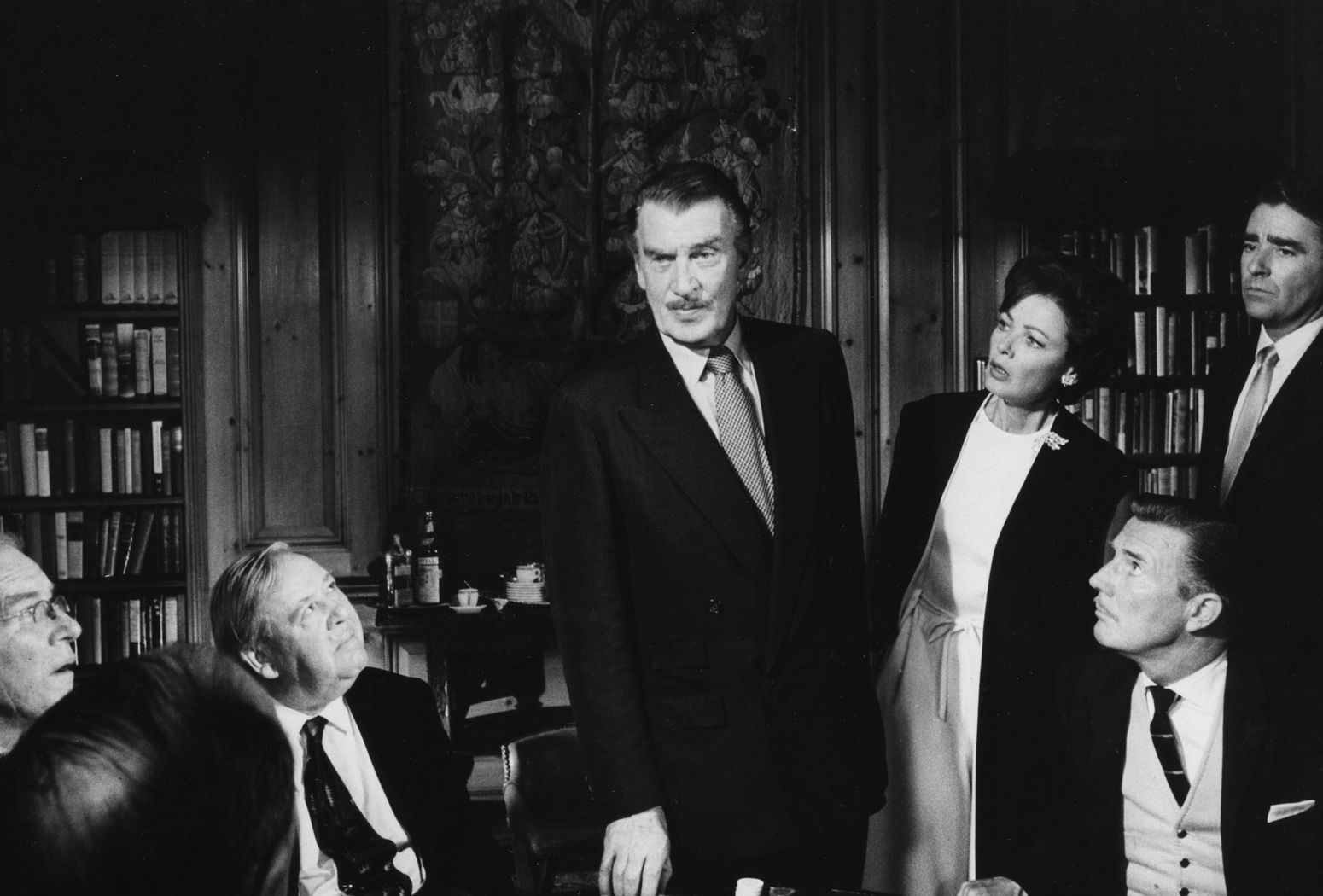

In many ways, Advise & Consent would be a fine reading in Cold War history courses or in courses that seek to explain the nature of Cold War politics. Re-reading ADVISE AND CONSENT (and watching the 1962 Otto Preminger movie by the same name), after a span of several years, and in the aftermath of the end of the Cold War and 9/11, I was immediately struck by how dated this immense novel is and how stuck in the 1950s and 1960s this story remains. These events involve colorful characters, dramatic plots filled with tragedy and comedy, and a narrative arc that is clearly defined and routinized to enhance audience comfort and familiarity.įew fictional treatments of the constitutional appointments process rise to the stature and heft of Allen Drury’s Pulitzer Prize winning novel ADVISE AND CONSENT. But the constitutionally prescribed appointments process, for cabinet officials and justices of the Supreme Court among other national officers, also gives rise to narratives and drama that make this fascinating process the stuff of both history and fiction. Elections, of course, pit candidates against one another and are filled with drama and action. There is something inherently dramatic, something immediately monumental, about the manner in which the United States fills many of the positions of its government. Reviewed by Trevor Parry-Giles, Department of Communication, University of Maryland.


 0 kommentar(er)
0 kommentar(er)
